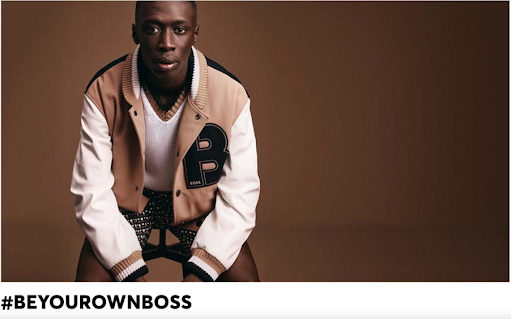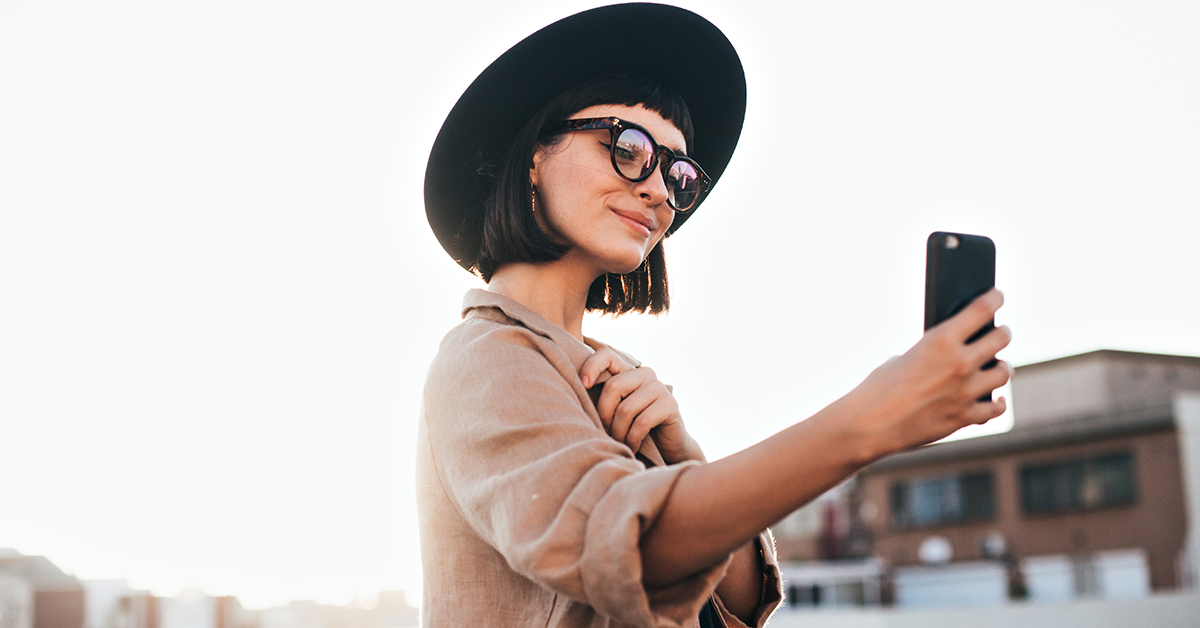Influencers. Still one of the most polarising terms in marketing. This is true despite being used across social media since 2016, with content marketers veering between loving, hating, needing and more often than not, being completely confused about what influencers offer. Or how to maximise their use in the overall marketing mix.
Most of us agree that the inclusion of an influencer campaign as part of a broader marketing strategy is smart, while at the same time scratching our heads about how authentic the value-add really is.
Industry predictions estimate the influencer isn’t going anywhere, and we are on track to spend $15 billion on influencer marketing in 2022.
But before we get our marketing budget wallets out, we need to answer a few questions.
Why should I invest in influencer marketing?
We are seeing more and more use of influencers in brand marketing. And for good reason. It’s a way to connect with audiences in a different format and an engaging way.
The right influencer can help brands be more relatable to potential consumers and encourage them to consider a product or service that they might never have seen or considered through traditional marketing methods.
In terms of content, there are many advantages across paid, owned and earned channels. Brands can utilise an influencer’s channels, but also further promote the content across a number of platforms, including internal channels, web posts, case studies and media opportunities.
Similar to talent relationships, using influencers and the content they provide extends the channel opportunity.
How do I find the right influencer for my business?
There is a s%*& ton of influencers – both good and bad. The trick is finding the right ones at the right time, that fit with your brand ethos and resonate with your target audience.
There are several very good tools that help you identify the right influencer with defined metrics. These analytics will ensure a deeper understanding about reach, audience fit, engagement and impact. This, combined with knowledge of the landscape and an eye on culture, is the best guide for selecting influencers.
Do influencers always help a brand succeed?
Like any other marketing tool, if it’s not executed properly it’s not going to work. Same goes for influencers. But for all the horror stories, where influencer marketing has been executed poorly and not had the desired outcomes, there are 100 stories to the contrary.
With any talent, brand ambassador or influencer, there’s always risk. But a solid strategy and understanding of the landscape and campaign purpose will reduce this.
The right influencer, used in the correct way for the right brand, can increase and create connections with consumers in a unique and curated way.
The best influencers have developed their channels to really connect with what their audiences are looking for, and can leverage this for the right brand and business.
The key for influencer marketing to succeed is for a clear strategy and execution that defines the value, connection, and creative alignment between the brand and the influencer.
Influencer Case Study: Anna Flanagan for Removery
The brand:
Removery is the world’s leading laser tattoo removal service and is making laser tattoo removal more accessible for Aussies by having locations close to other traditional beauty and skincare salons and clinics.
The influencer:
Olympian and former Hockeyroo Anna Flanagan
Why Anna?:
Anna was a natural fit for the brand because:
- As an Olympian she had immediate media appeal to a mainstream audience.
- She already had an engaged social following.
- Her personal story was not only authentic but aligned to the brand’s existing ethos, mission, and tagline.
Content created:
Video, pictures, written articles, social posts

How we used the content to bolster brand messaging:
Instagram, LinkedIn, national media outlets, Removery social channels, internal communications and website
The outcome:
Anna’s story is very relatable and has strong appeal within our key target audience. We chose Anna because of her authenticity to herself and the brand. We also knew she would have traditional media appeal, an interesting story to tell and be able to engage people through her own networks. She had the right mix for the brand campaign. We knew Anna’s content could and will live across a number of content and storytelling opportunities.

On a much larger scale, we can consider Hugo Boss and their collaboration with TikTok sensation Khaby Lame, the second most-followed creator on the platform with almost 130 million followers.
Khaby is a campaign ambassador for the global fashion label and will co-design a collection.
Sitting alongside such influencer/celebrities, including Hailey Bieber, Kendall Jenner, Future, and Anthony Joshua, Khaby has been named as an ambassador in the Hugo Boss 50th anniversary campaign #BeYourOwnBoss, and will co-design a collection with the global fashion powerhouse.
This is the second collaboration between Hugo Boss and Khaby, who worked with the brand during Milan Fashion Week 2021. His previous content generated around 4 billion social impressions following the event – much higher than a pure PR campaign could ever achieve in isolation.

What can influencers do that other marketing tools can’t?
As well as being real people who can connect directly to your audience from their own platform and present an authentic relationship to your brand and business, influencers have multi-layered benefits to building brand awareness and engagement.
- Authentic influencers have highly engaged followers, create content based on what they know resonates, and can produce a different take on what works through traditional channels.
- An influencer strategy can work hand-in-hand with an overall content strategy, with elements being interwoven or standalone.
- Influencers can work together with, or as, brand ambassadors. Select those who have the right mix of loyal, engaged followers, together with a natural brand connection, and they can achieve real cut-through and ultimately ROI.
- If the influencer and brand relationship is authentic it can provide enormous rewards. If you get buy-in from the influencer based on the relevance of the campaign or connection to the brand, it can have many benefits and create long term brand advocacy.
- Good influencers will work closely with marketers on what is a mutually beneficially relationship. Creating content that will work on their channel, as well as helping to build your brand presence.
Consumers are more deeply invested in online communities and e-commerce than ever before, and that engagement will only grow. As we increasingly see consumers making lifestyle choices, purchasing decisions, and emotional connections via their preferred social apps, so too may the influence of the influencer grow.
Latest.

5 simple (but powerful) ways to shine in your design interview.
Job Seeker, Design

How to demonstrate the value of your design team in 2025
Thought Leadership, Design, Industry Trends, Leadership

Ace your interview: Words to watch out for.
Job Seeker




